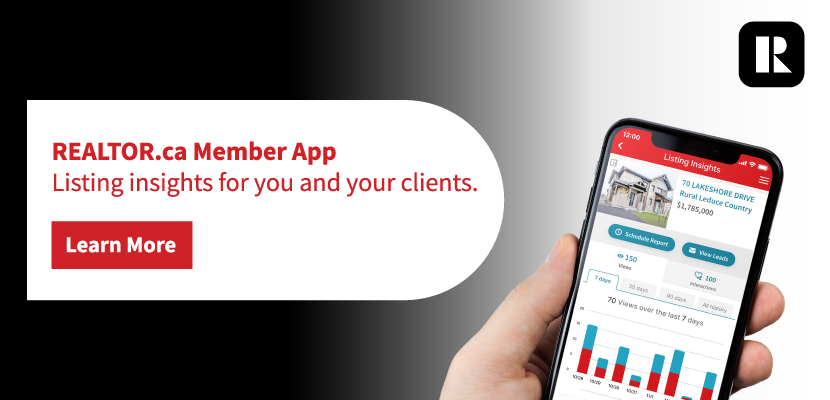Title fraud cases have been making headlines across Canada, with one couple returning from a business trip to find their home sold without their consent.
In that case, police said the suspects, a man and a woman, used fake identification to impersonate the homeowners.
The Toronto Regional Real Estate Board (TRREB) is moving to implement technology that would make fraud like this near impossible.
TRREB subsidiary PropTx, Teranet and the Advanced Multi-list Platform (AMP) are partnering with VisionMax and Blocksyte to create and build a digital way of buying and selling real estate using blockchain.
What is blockchain?
Blockchain is a digital technology that provides a secure and transparent way to record transactions on a distributed ledger.
It’s often associated with cryptocurrency, as it allows for a secure way to record and verify transactions, making it difficult for anyone to tamper with the ledger or steal funds.
John DiMichele, CEO of TRREB, believes that implementing blockchain in real estate can improve the transaction process for agents and consumers by providing a more trusted, streamlined and automated process that reduces complexity and stress.
The benefits
DiMichele explains the primary phase of the rollout will involve a verified digital identity for members and a verified sovereign digital identity tied to FINTRAC for consumers.
He says the level of security provided will combat fraud by removing a significant amount of risk, ensuring the right people have access to the right information at the right time.
With the implementation of verified IDs, access to title information, and with the transaction documentation held in a secure environment being immutable, this type of verification and credentialing for all involved parties, coupled with aspects of blockchain technology, will be completely transparent, trackable and will remove a significant amount of the risk, according to DiMichele.
“Anybody that comes in will have a set of credentials that will be far more sophisticated, so they can access the system in order to conduct certain aspects of the business,” DiMichele says.
He adds, “Under a blockchain umbrella where you have that credentialing, and you have verification of IDs…(fraud) should really disappear.”
TRREB’s CEO highlights additional advantages, like automated payments through automated processes and triggering events. The platform will facilitate communication between parties involved in a transaction by providing instantaneous updates and notifications, as well as creating a more sophisticated way of shepherding agreements.
For example, once a mortgage has been approved, funds are automatically released, or when conditions in an agreement are waived, all interested parties are immediately notified.
A standardized approach to real estate
Using blockchain technology DiMichele says, will allow for a standardized approach to capturing each step of the deal process digitally and authenticated by validated participants.
“All these different pieces that form a transaction could be held in this environment, and then it stays as the single source of truth,” he explains.
DiMichele says long-term TRREB is looking to bring all relevant documentation and data on board, “Anything that could be of interest or requirement for the transaction to go through.”
Rollout
The new technology will be implemented into Realm, TRREB’s MLS system, and DiMichele hopes to be in the testing phase by the third quarter of 2023. He anticipates a shallow learning curve for members.
DiMichele believes that blockchain will become the standard for conducting large transactions in real estate, and once developed, TRREB will offer the technology to other real estate boards.
“The system isn’t perfect, and people recently have fallen into a pretty serious trap… So once (blockchain) becomes the standard, we want to be ready; we want to offer it to everyone else.”

Jordana is the editor of Real Estate Magazine. You can reach her by email.














